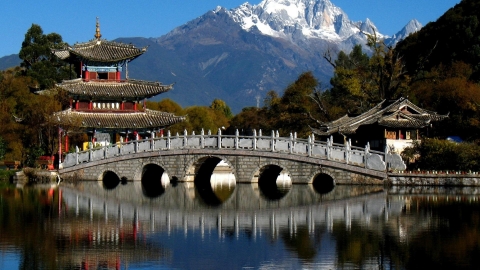Throughout the 20th century, while China experienced seismic shifts, from the collapse of the Qing Dynasty to the Chinese Civil War, Hong Kong – then a British colony – remained largely unaffected. This resulted in stark cultural and social differences between the two regions.
1. Cantonese and Mandarin

The official language of China is Modern Standard Mandarin. Since 1995, Beijing Mandarin has been the standard language, and all schools in mainland China teach Mandarin, although many Chinese people still use their dialect at home.
The official languages of Hong Kong are Chinese and English. In fact, "Chinese" here refers to "Cantonese"—a language widely spoken in the southern provinces of China and distinct from Mandarin. However, the difference lies in spoken language; the written language of Hong Kong is perfectly legible to mainland Chinese, as long as they remember the traditional characters. This leads to the second difference between Hong Kong and mainland China.
2. Traditional and Simplified Chinese Characters
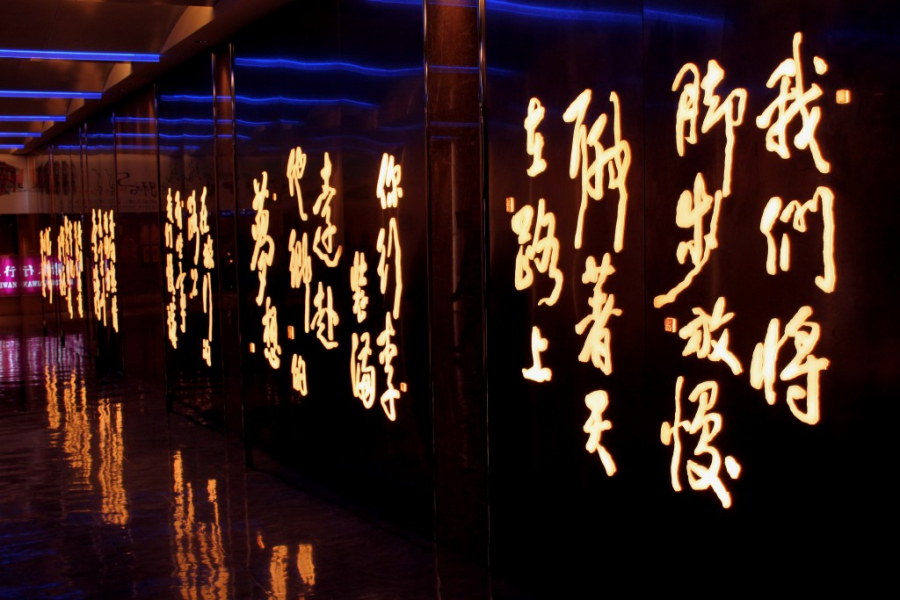
In terms of writing systems, simplified characters are used in mainland China, while Hong Kong continues to use traditional characters.
Simplified characters are a modern invention that has been promoted by the mainland Chinese government since the 1950s to increase literacy rates. This writing system is based on traditional characters but has been modified to have fewer strokes, theoretically making them easier to learn.
It's worth noting that learning traditional characters isn't difficult if you've already mastered simplified characters, and vice versa.
3. The popularity of English
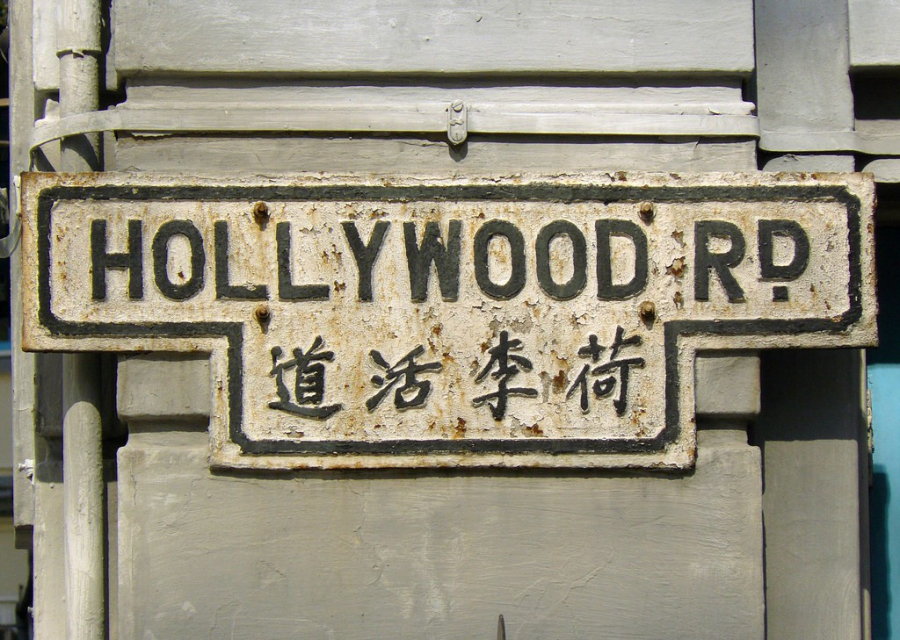
For English speakers, navigating Hong Kong is incredibly easy because all street signs, official documents, government services, and most menus and websites are bilingual. Furthermore, Hong Kong schools maintain relatively high standards of English language instruction, and many middle- and upper-class families send their children to study abroad in countries like the UK, the US, Australia, or Canada.
Conversely, you'll find it difficult to find fluent English speakers in everyday life in mainland China. If you plan to stay here for a short time, you should learn some basic conversational phrases in Mandarin.
4. The 20th century was very different...
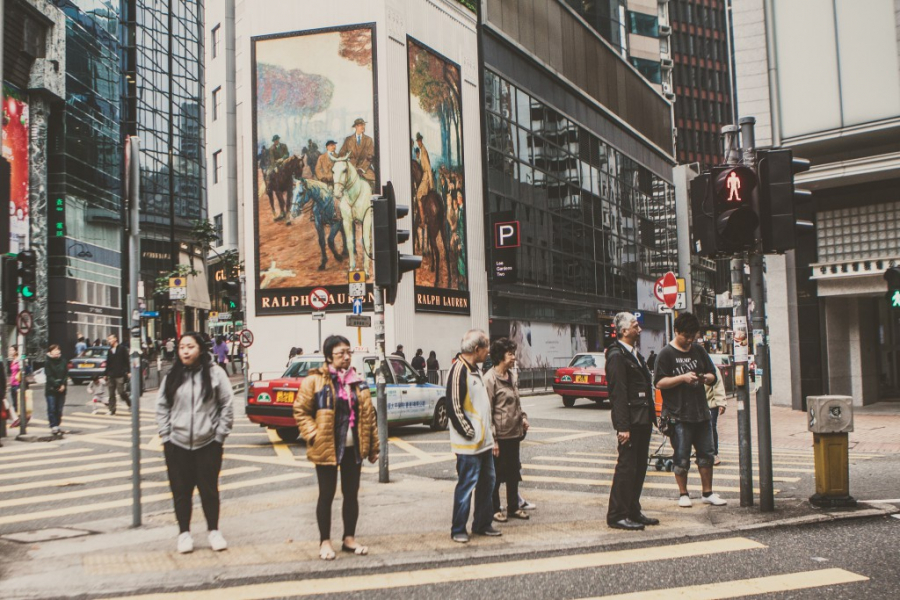
The 20th-century experiences of Hong Kong and mainland China are arguably quite different, and this partly helps explain the differences between the two regions.
Following the fall of the Qing dynasty in 1912, China endured decades of turmoil and drama. The lives of its people were ravaged by the Civil War and the Sino-Japanese War; after the establishment of the People's Republic of China in 1949, millions perished in the chaos of the Great Leap Forward and the Cultural Revolution. Both campaigns failed to transform China into a productive socialist nation. Only in the 1970s, when stability gradually emerged, did China embark on a series of economic reforms that lifted countless people out of poverty and shaped the country for the better.
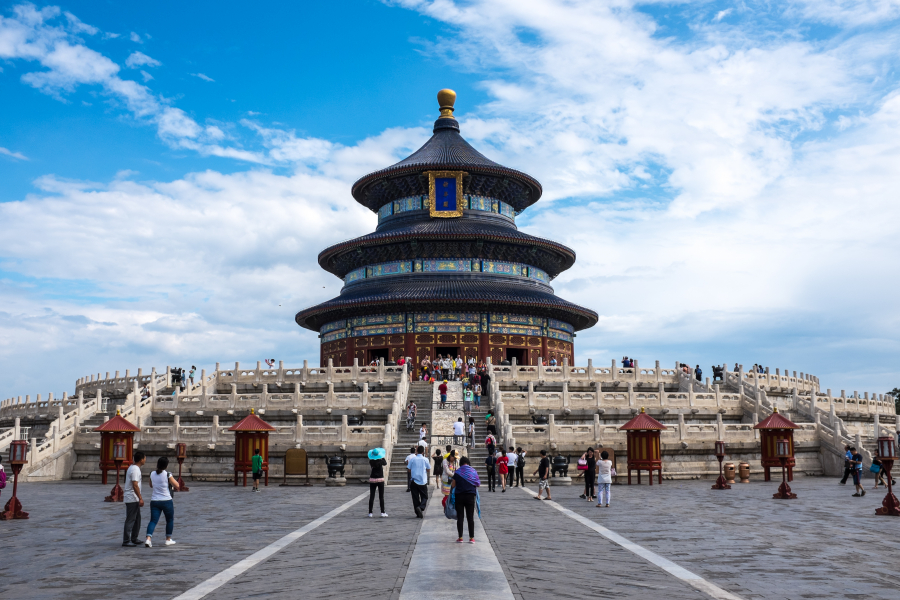
Meanwhile, Hong Kong – a British colony – received a wave of immigrants fleeing the turmoil and chaos of mainland China throughout the 20th century. Except for the period of Japanese occupation from 1941 to 1945, Hong Kong largely escaped the horrors faced by China. Hong Kong's economy took off from the 1950s and 60s onwards, propelling the city's transformation into a financial and industrial hub. When the city was handed back to China by Britain in 1997, it became a semi-autonomous territory, allowing Hong Kong's capitalist economy and independent legal system to remain intact.
5. Social media and the Internet
Weibo and WeChat are two key media outlets in mainland China – a country with its own internet ecosystem thanks to the "Great Firewall" that the Chinese government uses to control the internet. To access foreign websites like Google and Facebook in mainland China, you must use a VPN.
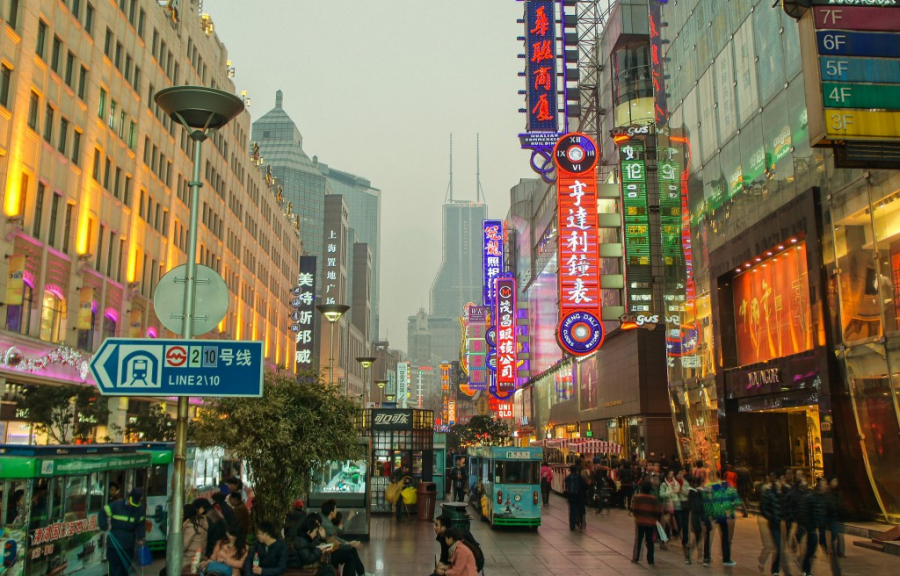
In contrast to mainland China, Hong Kong residents prefer unlimited, unregulated internet access without the need for VPNs. Hong Kongers rarely use Chinese social media apps unless they need to conduct business or chat with friends in mainland China. WeChat is the most popular messaging app in Hong Kong, but other Western social media platforms like Facebook, Gmail, Instagram, and Snapchat are also very popular.
6. Culture of superstition
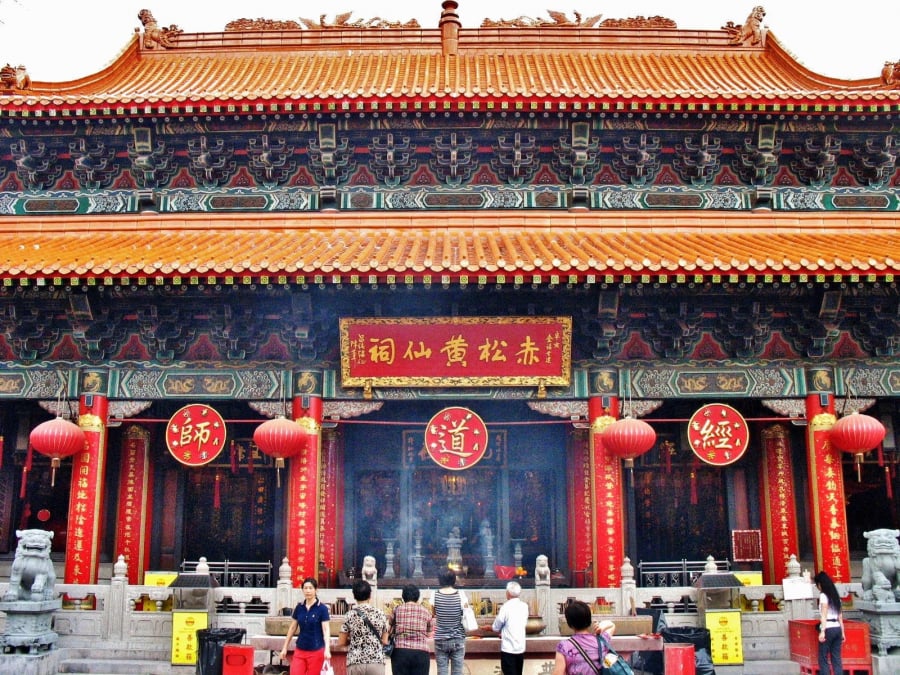
In the eyes of many mainlanders, Hong Kong seems to have been "Westernized," but in reality, Hong Kongers tend to be more superstitious than mainlanders. From belief in feng shui to frequent temple visits and participation in folk festivals, Hong Kong still retains many traditional beliefs and customs that may seem strange to many mainlanders.
Driven by revolutionary fervor, in the 20th century, many mainland intellectuals rejected Confucianism, feudal society, and folk superstitions. Many traditional customs were completely banned during the Cultural Revolution in the name of modernization. Since then, while attitudes towards traditional customs have become more lenient in mainland China, Hong Kong society generally remains more superstitious than mainland China.

 VI
VI EN
EN
























